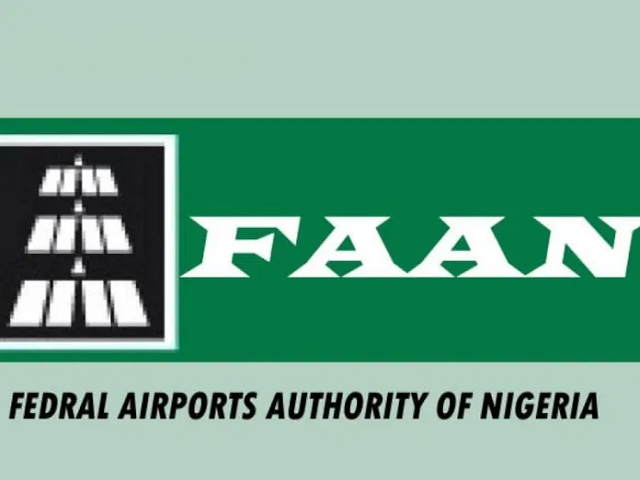Elon Musk’s internet service company, Starlink, has hiked its monthly subscription rate in Nigeria by 97%, from N38,000 to N75,000. For new customers, the firm increased the Starlink kits (hardware) by 34%, from N440,000 to N590,000.
Starlink has raised and lowered the price of its hardware in Nigeria multiple times, but this is the second time it has increased subscriptions. The company’s statement to its Nigerian consumers claimed “excessive inflation” as the cause for the increase.
What Starlink is saying
For current customers, Starlink said the new subscription rate would take effect from October 31, while it takes effect immediately for new customers. In the Tuesday morning message to its customer in the country, the company said:
“Due to excessive levels of inflation, the Starlink monthly service price will increase from current rates to the respective rates below: Standard (Residential): N75,000; Mobile-Regional (Roam Unlimited): 167,000; Mobile-Global (Global Roam): N717,000
“As a current customer, your monthly service price will increase in 1 month, beginning 31, 2024. For new customers, the price increase is effective immediately.”
“If you do not wish to continue your service, you can cancel at any time.”
Starlink is gaining traction in Nigeria
Despite its higher rates compared to local ISPs, Starlink, which announced its entry in Nigeria in January 2023, attracted widespread interest among Nigerians looking to switch service providers.
- The ubiquitous nature of its satellite service also encourages consumers in places with poor internet networks to use Starlink.
- According to Internet Service Providers (ISPs) data given by the Nigerian Communications Commission (NCC), Starlink is now one of Nigeria’s leading ISPs in terms of client base.
- As of Q4 2023, Starlink was Nigeria’s third-largest ISP in terms of user numbers, with 23,897 customers.
- Many local ISPs that have been in existence in Nigeria for several years now have fewer than that number of users.













